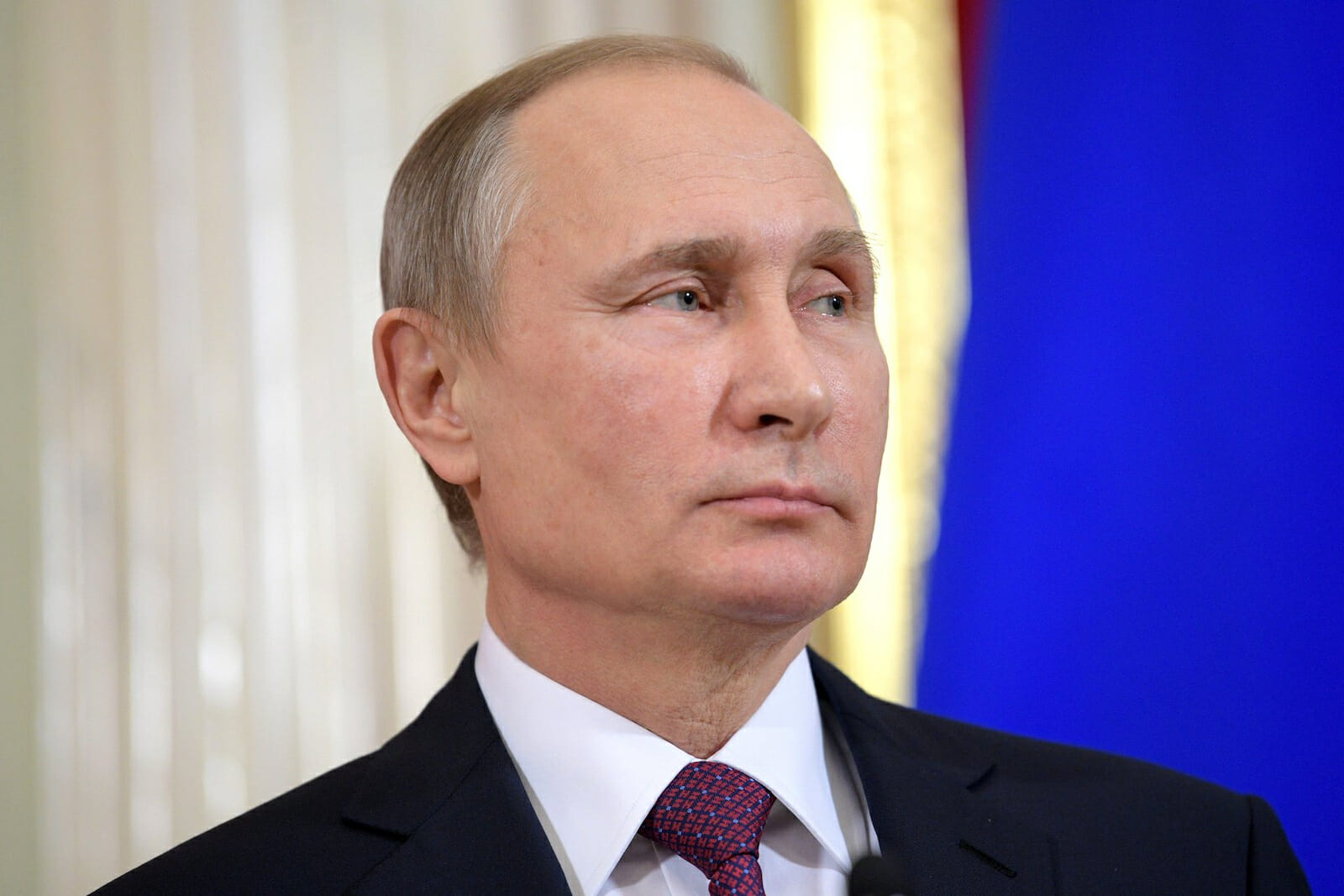
Instability Breeds Insecurity: Gay Rights in Russia and the South Caucasus
Establishing a post-Soviet identity has been critical to the survival of Russia and ex-Soviet Republics. After decades of forced conformity, in the 1980s Soviet leader Mikhail Gorbachev encouraged self-expression and self-determination. This spawned several major conflicts as ethnic groups struggled to “self-determine” within the established state boundaries. Russians refer to the 1990s as the “decade of humiliation” due to their loss of status as a world power and the crippling obligations they assumed when they absorbed all the foreign debt of the ex-Soviet Republics. By 2006, under the leadership of Vladimir Putin, Russia’s economy had been rebuilt through energy investments and its foreign debt had been repaid. Russia had begun exporting oil and gas to Europe and by 2012, Russian revenues from oil and gas totaled $215 billion.
In addition to the challenge of economic rebuilding, there were ethnic conflicts, specifically in the breakaway North Caucasus region of Chechnya. After losing Chechnya in the First Chechen War (1994-96) Putin engaged in the Second Chechen War (1999-2000) to not only win Chechnya back but to deter other Russian regions from attempting secession. After winning that war, it seemed that Russia was finally regaining its status and stability.
Homosexuality was illegal in the Soviet Union. In the 1990s, Russia de-criminalized homosexuality and de-classified it as a mental illness. However, with the rise of the gay rights movement, Russia saw a potential schism in its newfound identity and spent the early 2000s canceling gay pride parades and repressing gay rights.
In a multiethnic, multireligious society, such as Russia’s, homosexuality can be a divisive issue and Russia didn’t want to risk another challenge to societal stability.
However, by repressing gay rights they’re creating new sources of instability and threats to security. By the government vilifying homosexuality it makes homosexuals vulnerable to persecution, blackmail, and recruitment by foreign intelligence agencies as it undermines their commitment to their own government. It also impacts Russia’s status as a world leader. Many powerful countries are sympathetic to gay rights and have condemned Russia for its repressive legislation. Some have even considered boycotting the 2014 Winter Olympics in Sochi.
Georgia experienced similar challenges to its stability after the dissolution of the Soviet Union. In pursuit of economic autonomy, in the early 2000s Georgia developed oil and gas pipelines through partnerships with the West, primarily British Petroleum (BP).
Additionally, Georgia experienced secessionist/civil wars. The “autonomous oblast” of South Ossetia and the “autonomous republic” of Abkhazia were both in the Soviet Republic of Georgia. And each sought independence when the Soviet Union dissolved. After engaging in respective wars with Georgia, South Ossetia War (1991-1992) and Abkhazia War (1992-1993), both regions remain in limbo (de-facto independence recognized by Russia, but not Georgia).
During the same period, the Georgian Orthodox Church gained political and societal influence and became allied with the Russian Orthodox Church. In 2002, the Georgian Constitution was amended to include recognition of the role of the Georgian Orthodox Church in the history of Georgia and its government. Also, to consolidate power the Georgian Orthodox Church began to eliminate competing religions, starting with the Jehovah’s Witnesses, and continuing on to the Jewish and Muslim populations. The church conducted smear campaigns and violent physical attacks. By the mid-2000s, the church began to also persecute the gay population – promoting the sentiment that “being gay is not Georgian.”
On May 17, 2013, when Georgians attempted to hold a rally in celebration of the International Day Against Homophobia, supporters of the Georgian Orthodox Church, and even priests, violently attacked them. The church’s political power is so strong that these attacks have gone unprosecuted. Now, with a newly elected pro-Russian government, it seems that Georgia has become more closely allied with Russia, and an anti-gay propaganda law in Georgia may not be far behind.
Azerbaijan is also gaining revenue from the BP-operated pipelines, two of which originate in Azerbaijan’s capital, Baku. Azerbaijan remains in a frozen conflict with Armenia over Nagorno-Karabakh – a former “autonomous oblast” in Azerbaijan with an ethnically Armenian population, which was the subject of the Nagorno-Karabakh War (1988-1994).
Both Azerbaijan and Armenia experienced similar challenges to social cohesion. The passage in Russia of Article 6.21 could encourage them to pass similar legislation in an effort to maintain their fragile stability, and preserve their independent identities.
Meanwhile, in the West, the gay rights movement continues to gain momentum. In France, gay marriage was legalized in May 2013. In July 2013, in the United States, the Defense of Marriage Act (DOMA), which defined marriage as between a man and a woman, was struck down by the U.S. Supreme Court. That same month the UK Parliament passed legislation legalizing same-sex marriage.
In this age of globalization, instantaneous communication, and social media, the gay rights movement is a global one. Western countries that recognize gay rights have the power to influence change elsewhere. The United Nations agrees. On September 26, 2013, it held its first ministerial meeting to discuss gay rights as human rights, and it concluded with the following declaration:
Cognizant of the urgent need to take action, we therefore call on all United Nations Member States to repeal discriminatory laws, improve responses to hate-motivated violence, and ensure adequate and appropriate legal protection from discrimination on the basis of sexual orientation and gender identity.
The global community is calling for equality and the legal protection of gay rights. The repression of homosexuals creates personal, cultural and political insecurity. It produces a culture of fear, leading to underground dealings, blackmail, persecution, and undermines their loyalty to their own governments. If Russia and ex-Soviet Republics want to complete their post-Cold War return to global prominence, they must recognize gay rights and Russia must repeal Article 6.21. Otherwise, the security of their citizens and their position in the world is in jeopardy.

